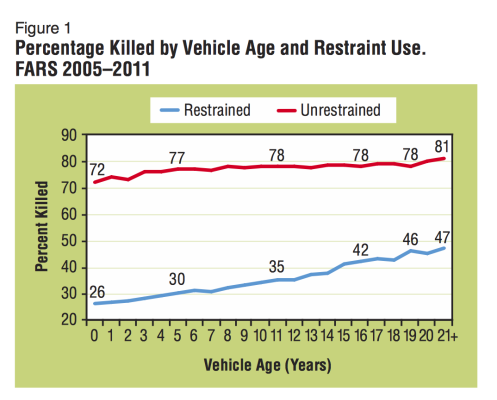eta2020
Thinks s/he gets paid by the post
- Joined
- Sep 13, 2013
- Messages
- 1,248
Then buy a used one.
I, on the other hand, feel that I have gotten my money's worth (the depreciation) during the 150,000 miles we have put on it. We have been to every State at least once and most National/State Parks. We could not have done that without expense of some kind. My guess is the RV reduced that outlay about 2/3s by saving on (M)Hotel/restaurant cost.
(And, FWIW, I could most likely put another 150K miles on it without major cost before divesting.)
It is spending money on experience (even though it is a vehicle)....good thing to spend money on IMO

